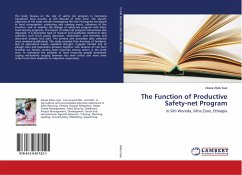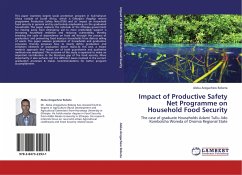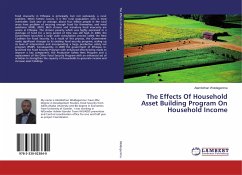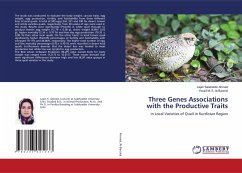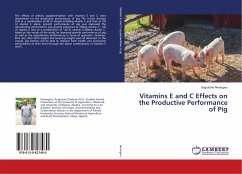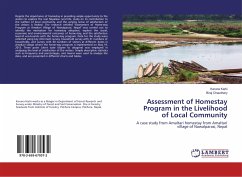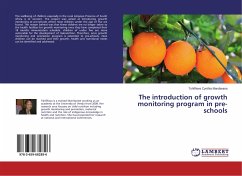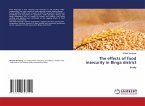The book focuses on the role of safety net program in improving household food security, at Silti Woreda of Siltie Zone. The specific objectives of the study include investigating the role of program has played in food consumption, protecting and creating assets, utilization of the transfers, and to examine the linkage of safety-net program with other food security programs. The impact of safety-net program intervention also discussed. It is descriptive type of research and qualitative method of data collection such focus group discussion, observation, and interview and document analysis was used. The primary and secondary data collected were analysed qualitatively. The study revealed that shortage of farmland, lack of agricultural inputs, repeated drought, irregular rainfall, lack of plough oxen and population pressure together with absence of non-farm activities are factors causing food insecurity among others in the study area. To withstand the problem of food insecurity people developed coping mechanisms ranging between less sever action and more sever action from store depletion to migration respectively.
Bitte wählen Sie Ihr Anliegen aus.
Rechnungen
Retourenschein anfordern
Bestellstatus
Storno

